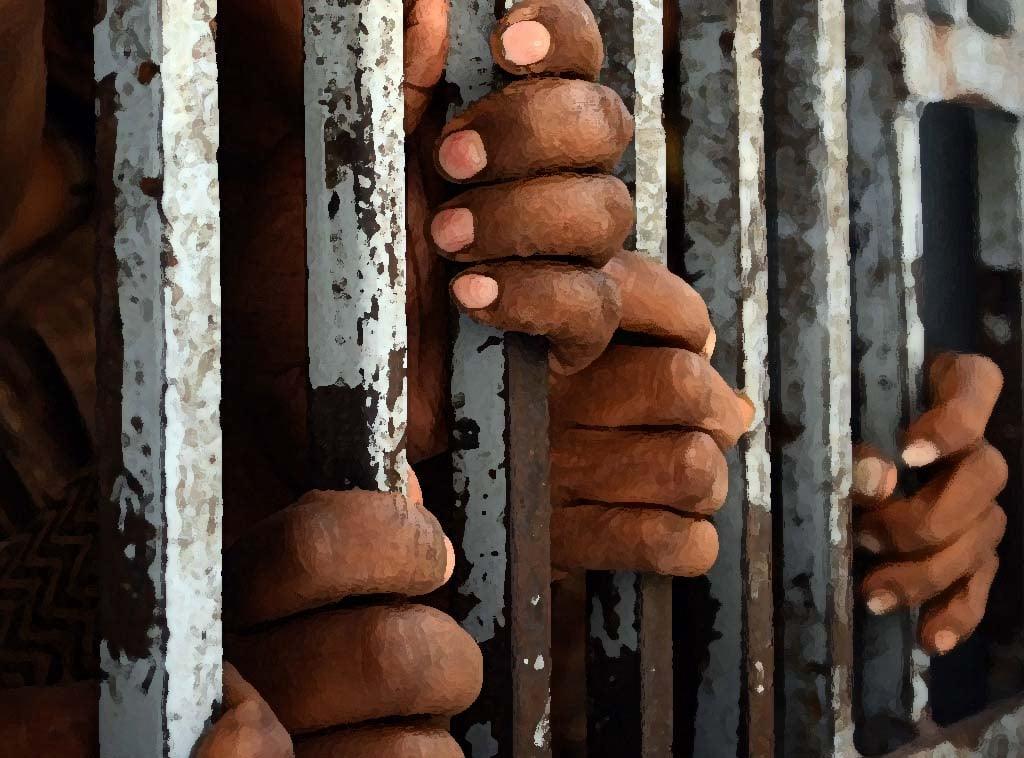LAHORE:
The Pakistan Human Rights Commission (HRCP) has published a framework of comprehensive regional policy that addresses the protection of the human rights of fishermen who are inadvertently trapped at the maritime borders of Pakistan and India.
The report highlights the difficult situation of poor fishermen in both countries, the discriminatory treatment they face in prisons and the devastating impact of their detention on their families.
According to the report, dozens of Pakistani and Indian fishermen are arrested every year in the Arabic sea for crossing the involuntary maritime limits. Most of these fishermen belong to impoverished coastal communities and are arrested for prolonged periods without trial, completely cut from their families.
The HCRP has emphasized that the arrest of fishermen must be treated as a humanitarian concern instead of a issue of national security or political dispute. “This is not a political problem, but a human tragedy that can no longer be ignored,” said HRCP director Tahira Hasan.
The report attributes the main cause of these arrests to the lack of clearly demarcated maritime limits between the two countries.
Many fishermen, who lack modern navigation equipment, without knowing, deviate in foreign waters and are arrested. Once imprisoned, they often endure years in prison, while their families suffer immense emotional and financial difficulties.
Based on two years of research, including interviews with more than 100 affected families and an analysis of international laws, the HCRP has presented several concrete recommendations.
These include mandatory notification to families and consular officials within 24 hours after an arrest, a demarcation of clear maritime limits, joint monitoring of border areas, prevention of custodial violence, provision of medical care and regular communication rights for detainees with their families.
The report also includes heartbreaking testimonies of families on both sides of the border.




